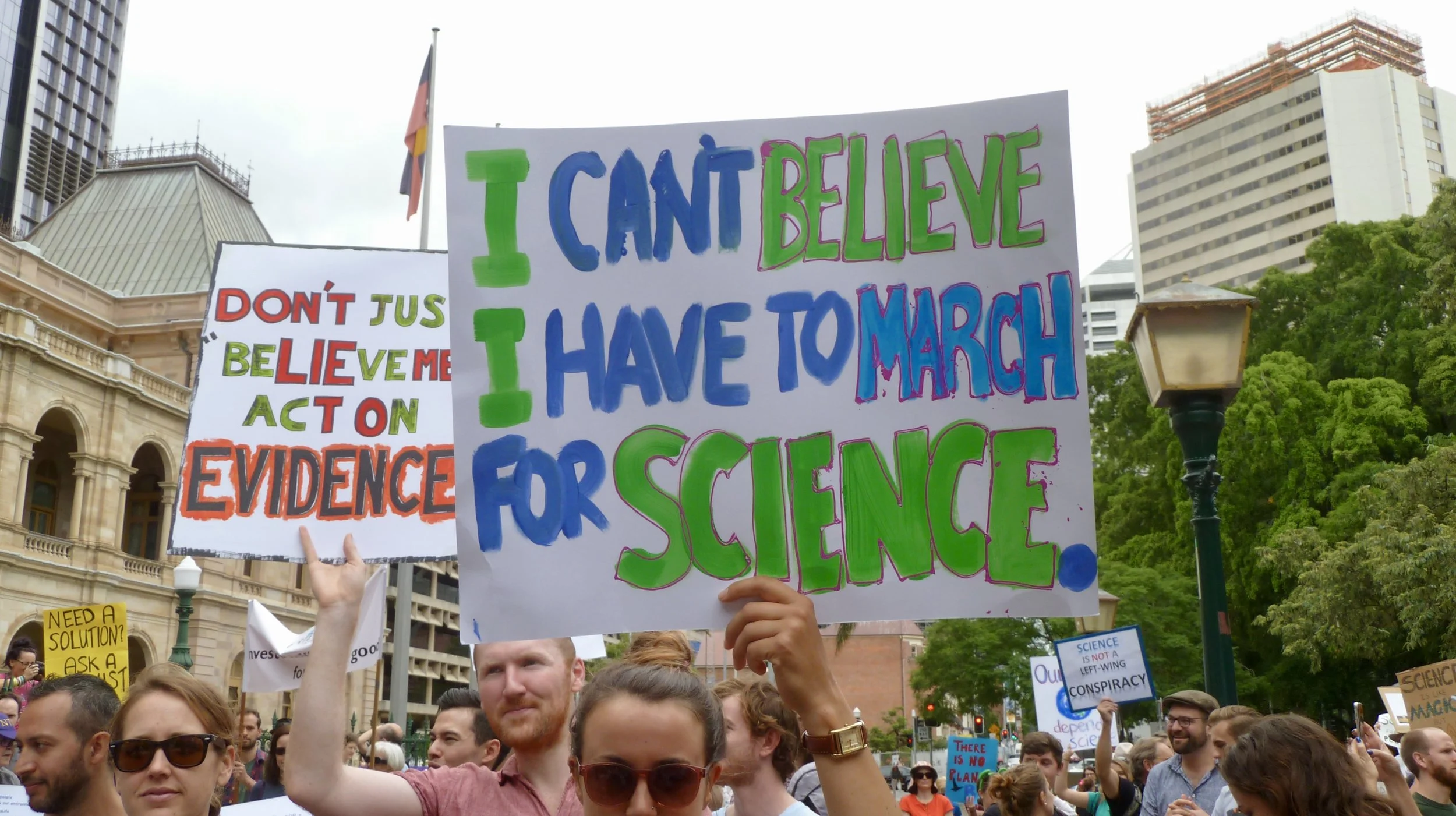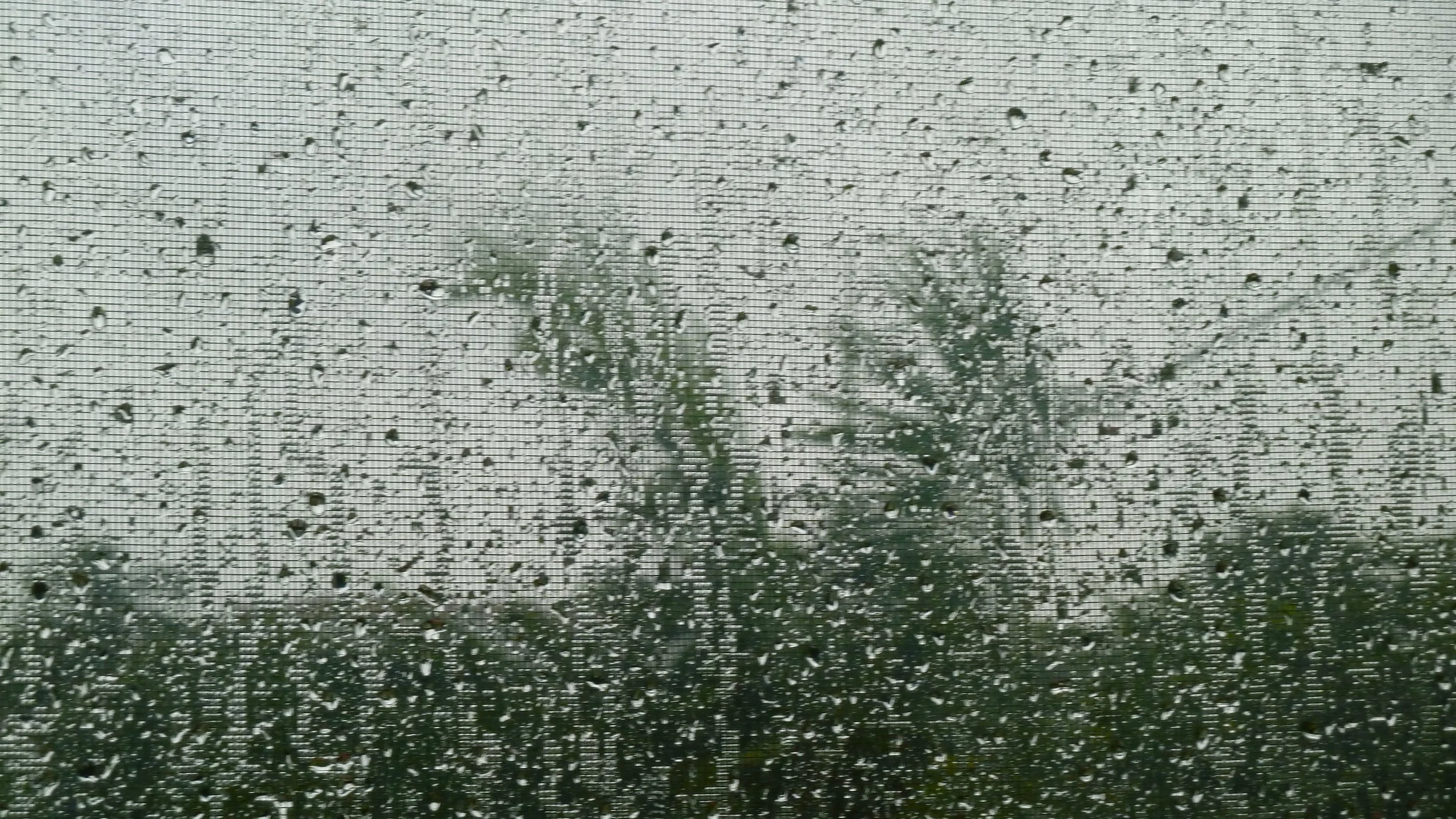I can't believe we had to March for Science
My favourite philosopher at the moment is A C Grayling, and I am reading his book The Challenge of Things. In it he considers science and democracy.
He espouses the view of American science writer Timothy Ferris (The Science of Liberty), that the growth of science and the growth of liberal democracy did not merely occur at the same time, but were causally linked; that from science followed democracy. Ferris maintains that science continues to underwrite the political freedoms enjoyed by developed societies today. Grayling adds that,
Science could neither have arisen nor flourished in circumstances of oppression of thought, and indeed the churches made strenuous efforts – including persecuting and even executing people – in the early phases of the scientific revolution in an effort to quell it; and those efforts had to be defeated to allow science to grow. As this shows, the science-freedom link is an intimate one. But an adjustment to this thesis is required: rather than taking the rise of science to be the literal cause of the growth of political liberty, both science and political liberty would be better regarded as the joint outcome of an antecedent cause… the freeing of the human mind from the trammels of doctrinal orthodoxy.
If Timothy Ferris is right, the fact that in cities across the globe last Saturday, Earth Day, hundreds of thousands of people marched in support of science under siege should ring alarm bells. The idea sprang from the Women's March on Washington the day after the new president was inaugurated. The Republican administration was already targeting scientific research for huge budget cuts; and their policy-making has only got worse since January. Environmental protection, space research, wildlife protection, climate commitments – they're all at risk.
The impetus for the March may have come from the States, but science has been savaged in Australia, too. Climate science in particular has been a prime target of budgetary strangulation, disparagement, and outright denial. This is more easily understood in the context of the sacrifice of conviction and integrity for the sake of ambition, and payback for sponsors. So, Prime Minister Malcolm Turnbull (Liberal party, which is conservative, not liberal) used to be in favour of a carbon emissions trading scheme when he was leader of the Opposition in 2009, and even talked to the then PM, Labor's Kevin Rudd, about putting it in place. It cost him the Liberal leadership to Tony Abbott.
Fast-forward to September 2015, and the Liberals were in power. It was then Turnbull's turn to depose Abbott, for which prize he sold his soul to the right wing to get the numbers. Now he has to dampen enthusiasm for renewable energy; divert attention from Australia's carbon emissions reduction targets (Paris Climate Conference commitments); and misinform the public about the degradation of the Great Barrier Reef, biodiversity loss and other climate change consequences; because Liberals are funded and lobbied by the fossil fuel industries. In addition, at federal elections, the Libs are in coalition (or coal-ition, some say) with the Nationals, who represent regional Australia and are further to the right.
Climate scientists are not, presently, the bearers of good news. In the face of insufficient action to reduce emissions, they predict a future of fiercer storms, longer and hotter droughts, crop failure, sea level rise, and fauna and flora extinctions. We love scientists when they cure disease, enable technological innovation, launch spacecraft to the outer Solar System, or smash particles together to solve subatomic mysteries; but not when they predict potentially catastrophic change to the planet.
Political leaders don't want to have to face up to challenges in this too-difficult box; convincing the people that a stable economy is preferable to free-for-all growth; that to seriously reduce carbon emissions they will have to relinquish their comfortable lifestyle; and that transition is required across the board, from power generation to food production to consumption of stuff.
Nervousness about the inevitability of change already manifests in a number of ways: spooking the people into fearing terrorism, migrants, faraway despots, anything but the real threat; constant debate about free speech, bigotry, political correctness; and panicky erosion of rights for short-term gain (as in Indigenous land title changes to expedite a coal mine). And on the other side: the election of unsuitable candidates as people find their voice of dissatisfaction about inequality and elitism; hounding ethnic and religious minorities mistakenly perceived as part of the problem, whatever it be; and inward focus on the local group rather than sharing common causes without borders.
You didn't have to be a scientist to march for science. A thousand or so people marched in Brisbane. I would've liked there to have been more, but I'm always disappointed by turn-outs in this city. The march was distinguished by science demonstrations by Parliament House, fun physics puns on placards, and esoteric tees. Some signs were wordy, nerdy or dull: one rekindled my long-ago fear of trig tables. We chanted 'Science not Silence', and 'What do we want? Evidence-based science. When do we want it? After peer review', which didn't scan and therefore worried me greatly.
Meanwhile, in New York…








